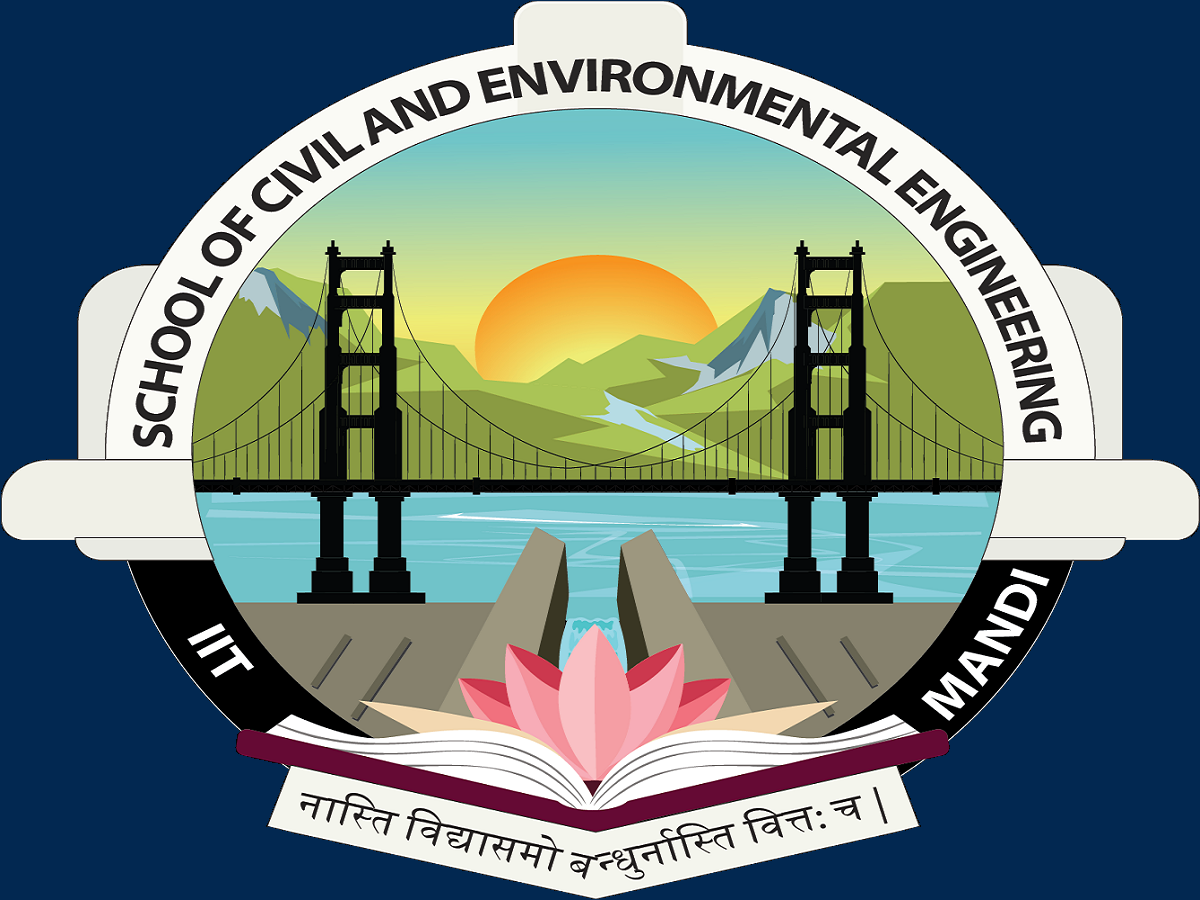Utilization of Waste Materials for Productions of Sustainable Roller-Compacted Concrete Pavements—A Review
Proceedings of the Fifth International Conference of Transportation Research Group of India
Surya Kant Sahdeo., G. D. Ransinchung R. N., Solomon Debbarma, & Surender Singh
2022-05-14
Rapid road infrastructure developments in recent years have led to a depletion of conventional road construction materials owing to its excessive exploitation. As a result, government agencies across the globe are compelled to opt for alternative road construction aggregates. In lieu of above, incorporations of reclaimed asphalt pavement (RAP) aggregates have found its way alternative aggregates for productions of bituminous and concrete roads without much modifying the aforesaid materials. Several studies pertaining to the utilization of RAP in flexible and conventional concrete pavements have been studied in detail; however, the same for Indian conditions is scanty; furthermore, its application in roller-compacted concrete pavements (RCCP) is also meager due to hesitation among the engineers since there exist no codal guidelines on the use of RAP for concrete roads. Utilization of RAP for constructions of RCCP has acquired global attention owing to several economic and environmental aspects. Studies recommended that 50% of conventional natural aggregates could be replaced by RAP for productions of RCCP mixes, without much hampering its strength and durability properties. The overall objective of this paper is to bring out the issues related to the effective utilization of RAP in RCCP. In the same line, the efficacy of various pozzolanic-rich waste materials alongside RAP has also been addressed. It is concluded that RAP with or without admixtures can be used in roller-compacted concrete pavements after thoroughly investigating its respective properties making RCCP a sustainable road.

